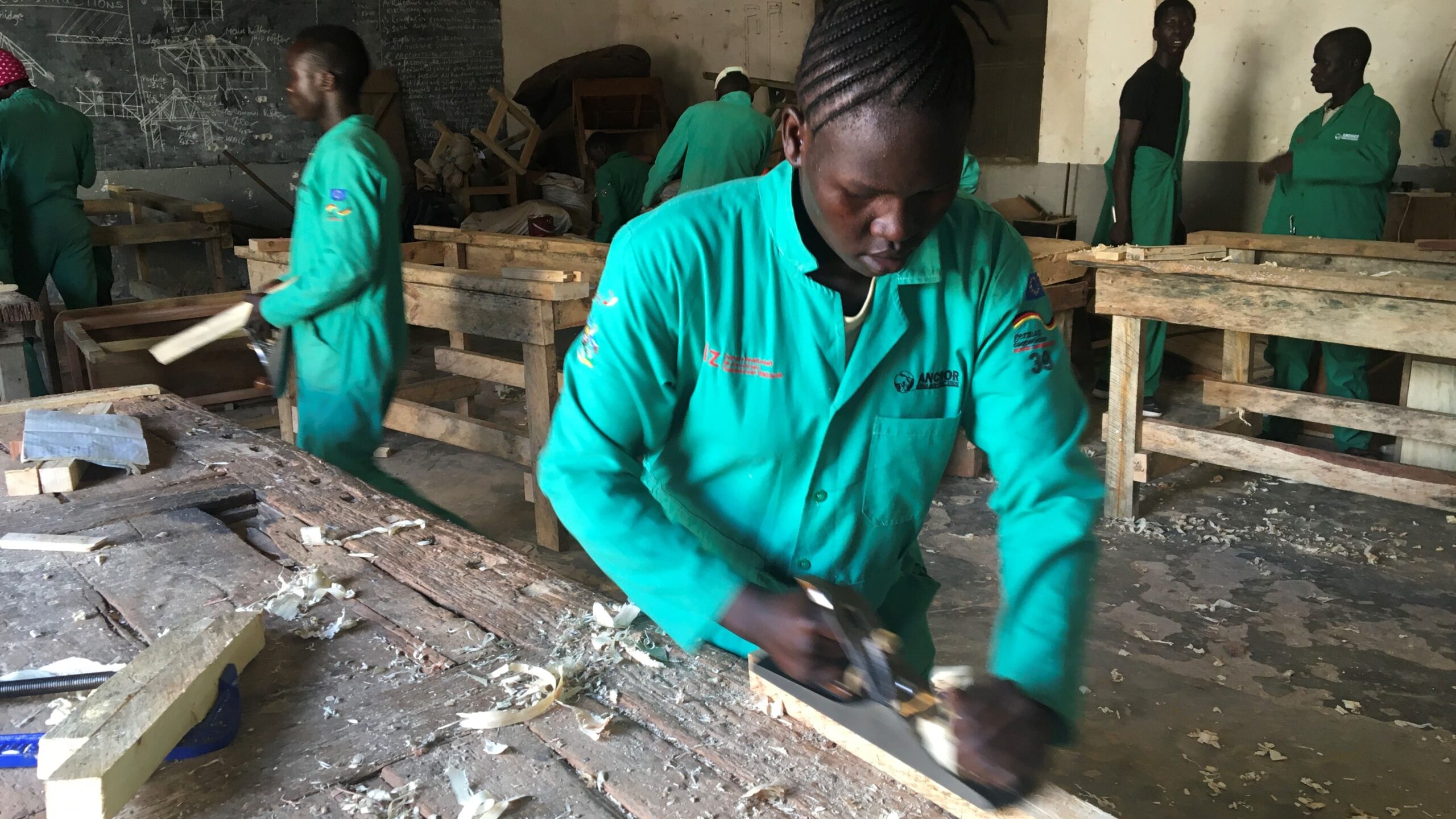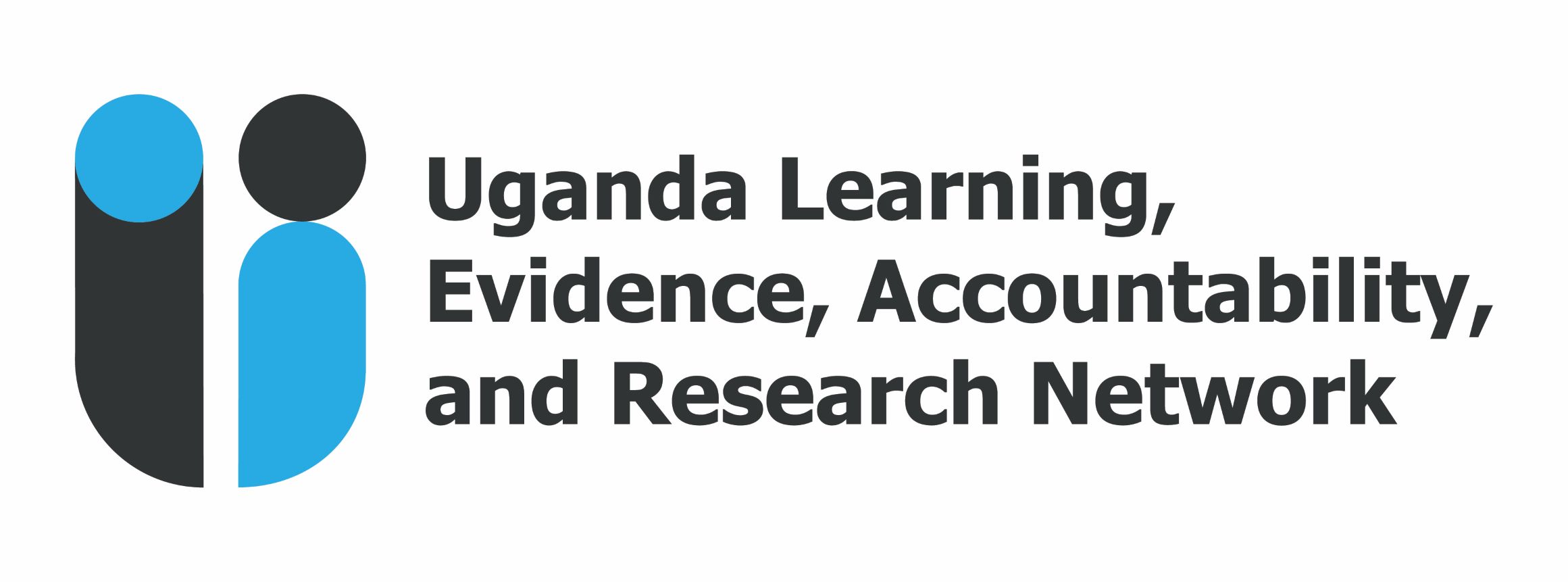
30 Jun Mobile TVET programming in the Uganda refugee response
This case study provides a deeper understanding of how the employment of Mobile Technical Vocational Education and Training (TVET) programming in refugee response addresses some of the barriers faced by last-mile populations in accessing traditional TVET opportunities.
It shares learning from the Uganda-based NGO-Africa Non-profit Chore’s (ANCHOR) successful mobile TVET program through its “Refugee and Host Community Access and Innovation in Skills for Employment” (RAISE) project in an isolated part of Rhino Camp Refugee Settlement in north-western Uganda.
The study highlights the advantages and challenges of implementing a mobile TVET approach, as well as how it can support refugees, host community members, and other vulnerable groups in accessing education and the right to work and be self-reliant, both while they remain in Uganda or on their eventual return home.


